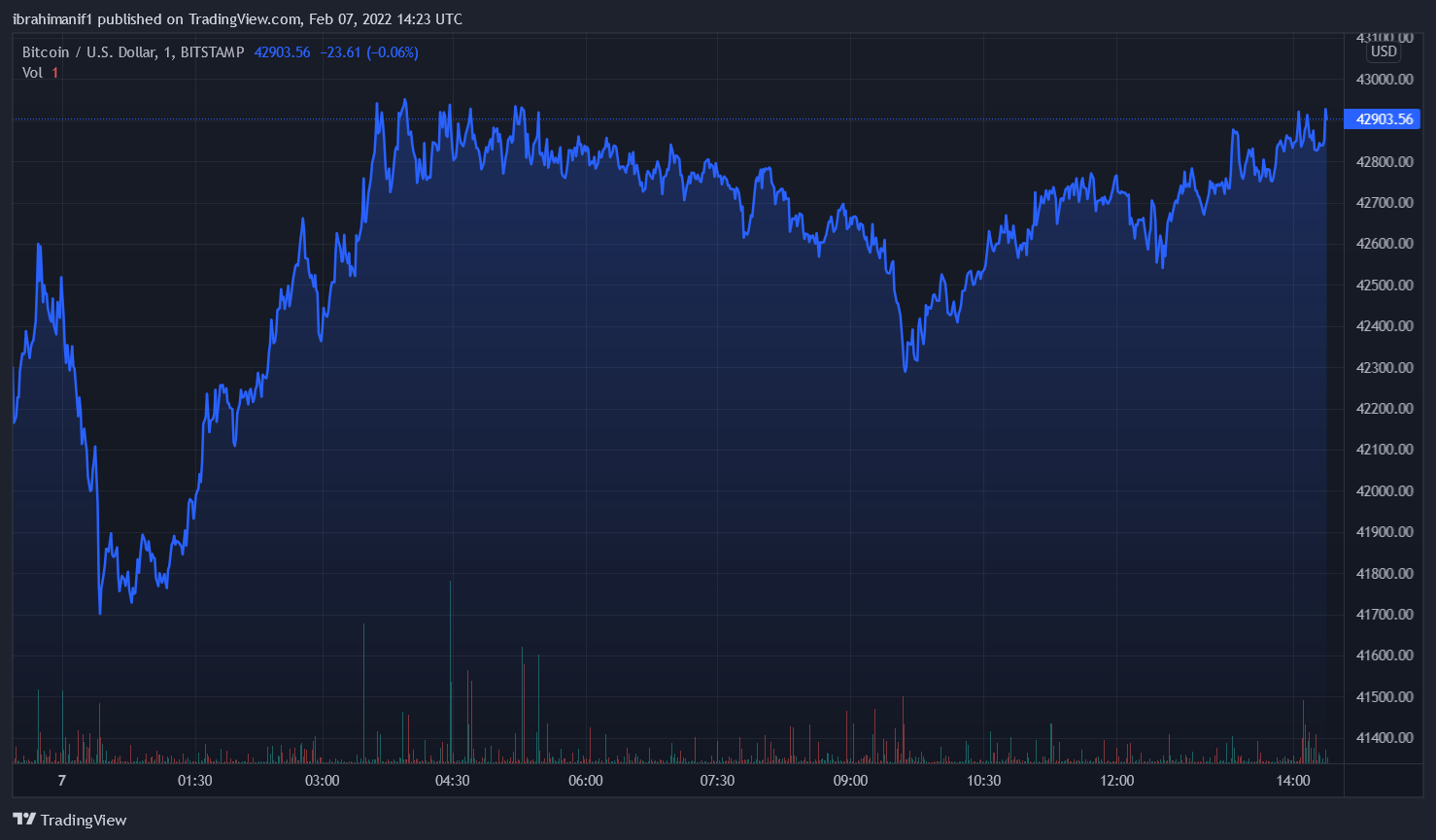After the Venezuelan parliament approved a law aimed at reducing inflationary pressure on the struggling fiat bolivar, certain crypto and foreign currency transactions would be taxed at up to 20%.
Venezuela To Tax Crypto Transactions At 20%
The Venezuelan government has authorized a new tax that will affect cryptocurrency and foreign currency transactions and payments. The levy, known as the “large financial transaction” tax, aims to encourage the use of the national currency, which has lost relevance in a multi-currency environment like the one that has existed in Venezuela in recent years.
The tax stipulates that any transactions or payments conducted in foreign currencies or cryptocurrencies without a limit quantity will be subject to a tax of up to 20%, depending on the nature of the transaction.
A local firm noted that MPs adopted the bill on a second reading during an evening session of the assembly on Thursday, February 3.
The national government will choose the percentage to be paid after the law is officially published, but in its first application, it will collect 2.5% on these payments. The rate will range from 2% to 20%, with the government having the authority to decide the ultimate rate in individual circumstances. People with incomes that the tax authority deems important to declare are referred to as “special taxpayers.”
Related article | Latin America, Tipping Point: Cuba Regulates, Honduras ATM, Venezuela Spends
The Bill To Incentivize Use Of National Currency
The law tries to encourage the usage of the national currency, which has lost nearly all of its value in the last decade and has lost over 70% of its value in the last year alone.
The Bill reads:
“It is necessary to guarantee treatment at least equal to, or more favorable, to payments and transactions made in the national currency or in cryptocurrencies or crypto assets issued by the Bolivarian Republic of Venezuela versus payments made in foreign currency.”
This, the lawmakers who authored the document wrote, will “give greater incentive and confidence to the use of the national currency.”
In recent years, Bitcoin acceptance has exploded in Venezuela, with tens of thousands of local businesses switching to bitcoin to hedge against hyperinflation. In October 2021, a major international airport in Venezuela planned to begin taking Bitcoin and other cryptocurrencies as payment for tickets and other services.

BTC/USD start with week with a rally above $40k. Source: TradingView
The inclusion of cryptocurrencies in this law reflects the importance of this type of currency as well as the amount of transactions and payments that take place in the country. Aaron Olmos, a national economist, holds this view. The law’s main goal, however, would be to tax transactions involving dollars, which, according to estimates, account for 65% of all transactions and payments in the country.
According to Jose Guerra, a Venezuelan economist, this will be a blow to Venezuelans that save their savings in foreign currency and cryptocurrency. Guerra noted:
“It must be recognized that foreign currency has solved part of the cash problems, reserves of value and savings of everyone in the country. Also crypto assets, to a certain extent. Making this decision is trying to privilege one means of payment over another.”
Related article | Venezuelan Petro Cryptocurrency is a ‘Scam’, Say Local Merchants
Featured Image from Unsplash - Charts by TradingView







